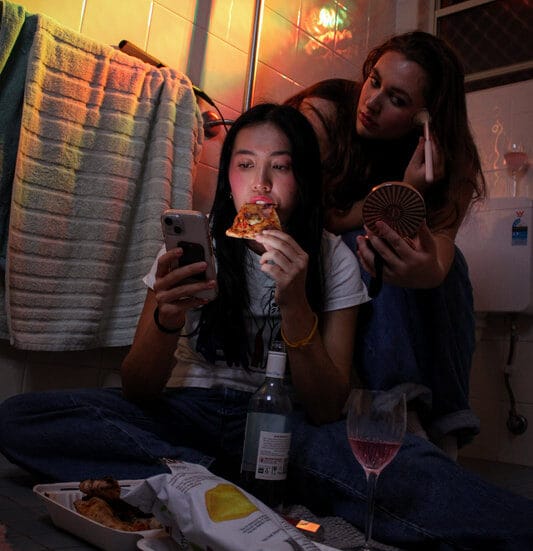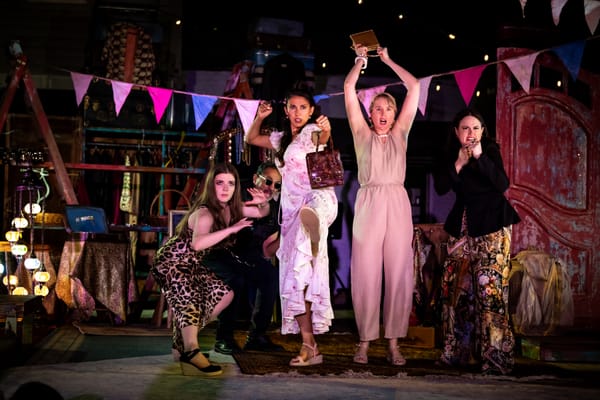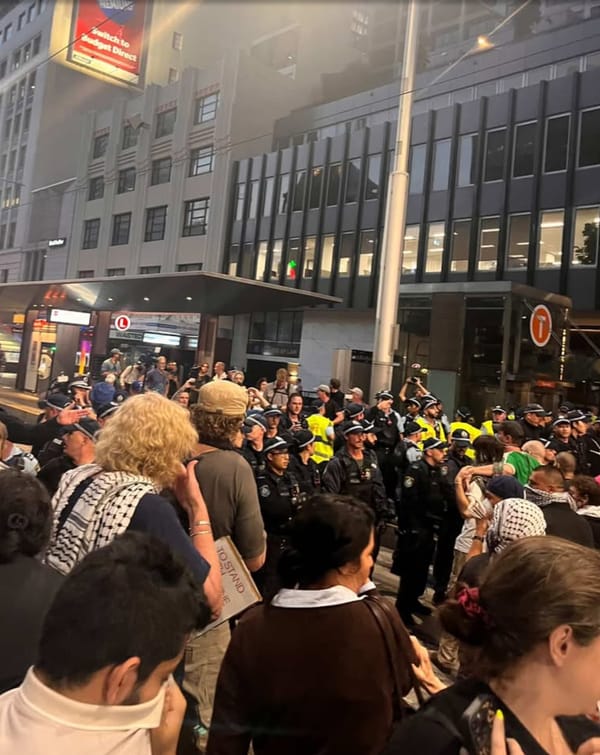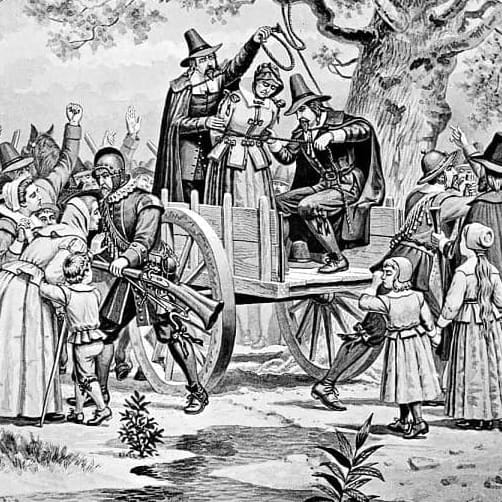COOKED Review: UOW Students Stun Sydneysiders

How can you help someone who doesn’t want to be helped?
That’s one of the questions posed by new play COOKED, which premiered at this year’s Sydney Fringe Festival. The play’s masterminds are Angel Duggan and Lana Page, two current theatre students right here at UOW (read our conversation about their journey to the Fringe here). The result of their more than year-long creative process is impossible to look away from, cementing COOKED and its team as ones to watch in the future.
COOKED’s main character Logan is caught in the middle. Her best friend Jean’s new boyfriend has red flags that she just can’t see – or maybe just chooses to ignore. She turns to Logan for advice she never seems to take, constantly defending and downplaying his behaviour. But Logan is also caring for her Mum, who struggles with depression, and she can’t be everywhere for everyone at once. And when is she supposed to look after herself?
As Jean’s boyfriend becomes more and more controlling, and Mum’s mental health worsens, it’s not surprising that Logan’s relationship with them both begins to break down. COOKED starts at the end, after Logan has finally snapped, before rewinding to let the audience slowly find out how things got to this breaking point.
This non-linear structure is one of the reasons COOKED is so gripping. Each scene leaves the audience wondering what led to this particular moment, and what its consequences will be. We’re left to piece most of the timeline together in our heads, forcing us to consider how things can snowball out of control. On top of this, the dialogue is painfully realistic, from the hilarity and delirium of trying to finish a group project on time to the palpable tension in the air as Logan speaks to Jean with all the wariness of someone trying to defuse a bomb. By the play’s climax, we’ve been led to empathise with all three characters, feeling like we know them inside and out, and it’s blatantly clear that – just like in real life – there are no clear-cut solutions or simple right answers.
Playing the three characters are Duggan as Logan, Page as Jean, and Sally Evans (who co-directed the play along with the two writers) as Mum. All three deliver stunning performances, remaining grounded and human through the play’s tenderest and most tense moments. The chemistry in each relationship feels natural and real, like the scenes could be playing out in your own living room or even like Logan, Jean, and Mum could be replaced with characters from your own life. This deep connection with the audience heightens each emotion and leaves us hanging on the actors’ every word.
The Spare Room of the Emerging Artist Sharehouse, where COOKED was staged – actually the committee room at Erskineville Town Hall – can only be described as tiny, surpassing any romantic notions of ‘intimate’ or ‘cosy’. COOKED’s set, designed by Sam Hollingshead with lighting, sound, and vision by Callum Haddow, works with the miniature space to create a cluttered, claustrophobic feeling that ups the tension even further. The sound design highlights the characters’ overwhelmedness and distress, setting the audience on edge. At the show’s climax, Logan is physically positioned in the middle as Mum and Jean talk over each other, becoming unintelligible in the chaos, making us feel along with her the impossibility of her situation.
In just 45 minutes, COOKED’s exceptional student-led team delivers a gut-wrenchingly realistic exploration of relationships, mental health, and the pressure of modern life. It prompts its audience to understand our own complexity and forces us to reckon with a scenario that has no easy way out. Each character is fleshed out and three-dimensional, with moments where they make good choices and moments where they don’t, just like any of us. Overall, COOKED is a scintillating watch, and I can’t wait to see what’s next for the play and its creators.




